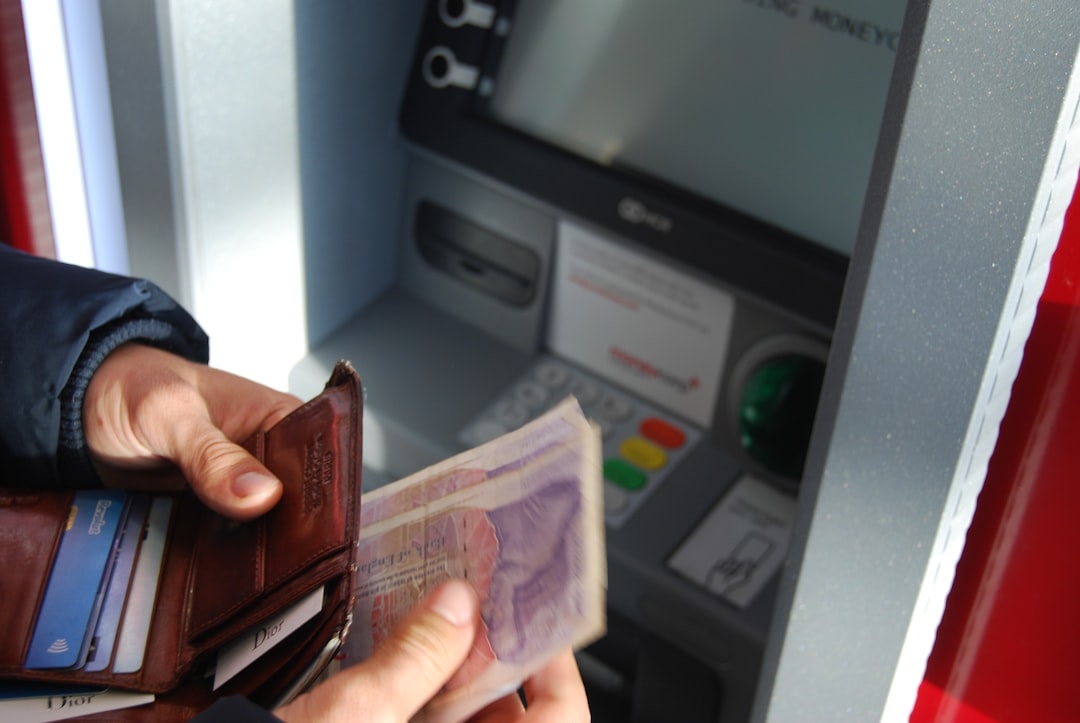5 Slick Bank Account Scams and Your Shield Against Them
In this digital age, where villainous minds craft new ways to pry into your wallet, safeguarding your finances has never been more crucial. Grasping the anatomy of common bank scams equips you with the vigilance needed to dodge financial predators.
**5 Notorious Scams Clutching at Your Bank Account**
As the digital horizon expands, so does the breeding ground for bank account scams. These financial bandits deploy a smorgasbord of tactics to snatch your cash or hijack your personal details.
1. **Government Impostor Scams**
Imagine getting a call from the IRS or FBI. Sounds serious, right? Well, that’s what the scammers bank on. They don the mask of authority, spin tales of debts, and threaten you with the slammer unless you pay up. Last year alone, these masqueraders duped folks out of a staggering $405 million in the U.S.
2. **Phishing Scams**
Ah, the old bait and switch! Phishing is the art of luring you with emails or texts that scream urgency—think breach alerts or unauthorized transactions from entities you trust. Click on their crafty link, and boom, they’ve got your info. Last checked, phishing masterminds were behind 90% of global security breaches in 2021.
3. **Fake Check Cashing Scams**
Ever been approached by a stranger with a sob story and a check outside your bank? They play on your good nature, asking you to cash it because they’ve conveniently forgotten their ID. But when the bank declares the check a dud, guess who’s on the hook for the money? Yep, you.
4. **Charity Scams**
In the wake of disasters, while many extend a helping hand, these scammers extend a thieving hand. Posing as charities, they prey on your generosity, pocketing donations meant for victims.
5. **Employment Scams**
Job hunters, beware! Some swindlers pose as employers, fishing for your personal details or even charging a fee to secure a non-existent job. Don’t let desperation cloud your judgment.
**Fortifying Your Financial Fortress**
Bank scammers are crafty, but you’re not helpless. Arm yourself with these strategies to protect your treasure.
– **Use Strong Passwords**: Ditch the simple codes. Opt for a cryptic mix of letters, numbers, and symbols. A password manager can be your digital guardian, managing even the most complex passwords securely.
– **Enable Multi-Factor Authentication (MFA)**: Add an extra moat around your digital domain. MFA usually involves a code via text or a security question—your personal knights keeping intruders at bay.
– **Regularly Monitor Account Activity**: Make it a ritual. Regularly check your transactions like you’d check the locks on your doors before bedtime. Spot something odd? Alert your bank faster than you can say “scam”.
– **Be Wary Of Finance-Related Communications**: If a message smells fishy, it probably is. Scammers love to mimic banks. Don’t bite the bait. Avoid clicking links or downloading attachments from unknown sources. When in doubt, directly contact your bank.
**Stay One Step Ahead**
Remember, scammers thrive on confusion and fear. Your best defense is staying informed, skeptical, and meticulous. Set up your defenses, trust your gut, and always read the fine print. Your bank account will thank you.













Post Comment